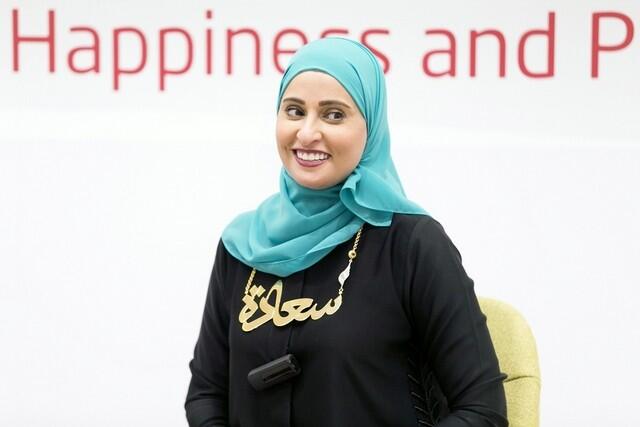The UAE is known for being a pioneer in the realms of happiness and well-being. The appointment of Ohood Al Roumi as Minister of State for Happiness, for example, demonstrates the country’s commitment to the well-being of Emiratis and expatriates alike.
It is unsurprising, then, that the World Happiness Report this year ranked the UAE as the happiest country in the region. Last year, Dubai Municipality launched its own happiness index, which measures the happiness and satisfaction of the public on different government services rendered to them. The results of this index are collected via electronic devices and fed into a central network. Such local happiness indexes are generally preferable to global ones.
Our research has found that many global rankings have little practical value, as many of the measures are questionable, the statistics unreliable and the fundamental assumptions untested. Happiness and well-being in countries and organisations are often seen as passive states. We believe it is better to strive for “active committed enthusiasm”.
Unfortunately, there are various issues with the UAE’s ranking in the most recent World Happiness Report which are both incorrect and unfounded.
First, one of the recent updates confirms that the results for the UAE are not entirely valid for 2015. “The United Arab Emirates was especially affected by the changes in survey methods, in part because of its newly sampled non-Emirati population. This has caused its ranking to drop for technical reasons unrelated to life in the UAE,” the report said.
On that same note, the sample size is around 1,000 respondents per year is not statistically robust. Yet the method combines results from 2013, 2014 and 2015 to create a larger sample. This means that the results are for a period of three years and do not represent recent progress.
Second, the report is based on scores from Gallup which uses a Cantril scale to rate one’s life on a scale from 0 (the worst possible life) to 10 (the best possible life). This means that the survey is not truly statistical because the difference between a score of 5 and a score of 10 is not an absolute 50 per cent. The survey is also perceptual, which means that each person is comparing their feelings about their lives with their expectations of their lives.
Therefore, the scores for a country with very high levels of happiness and life expectations could be lower than for a country with very low levels of happiness and therefore lower expectations.
Third, some studies have also revealed that certain cultures are more prepared to give wider or narrower ranges of scores while some cultures are more prepared to give either positive or negative scores. As a result, inequities in happiness can often be largely due to scoring differences based on these cultural propensities rather than any true reflection of happiness. Comparing countries with one another can be somewhat unsatisfying.
Finally, the scale used in the report also reflects happiness in a very limited time-span (today). As such, it does not necessarily reflect any kind of overall, long-term level of happiness.
Sheikh Mohammed bin Rashid, Vice President and Ruler of Dubai, said: “We are at the beginning of a path along which we learn every day to achieve prosperity and happiness of human beings, and our wishes for the happiness of all peoples and nations.”
We believe that more real-time methods for assessing and resolving happiness-related issues are needed within the country. The UAE will undoubtedly continue to create innovative approaches to improving the happiness of its citizens and residents, and it is time that more accurate indexes reflect this progress.
Prof William Scott-Jackson, Dr Najat Benchiba-Savenius and Robert Mogielnicki are representatives of Oxford Strategic Consulting, a research organisation with offices in the GCC and in Europe.
Source: The National











